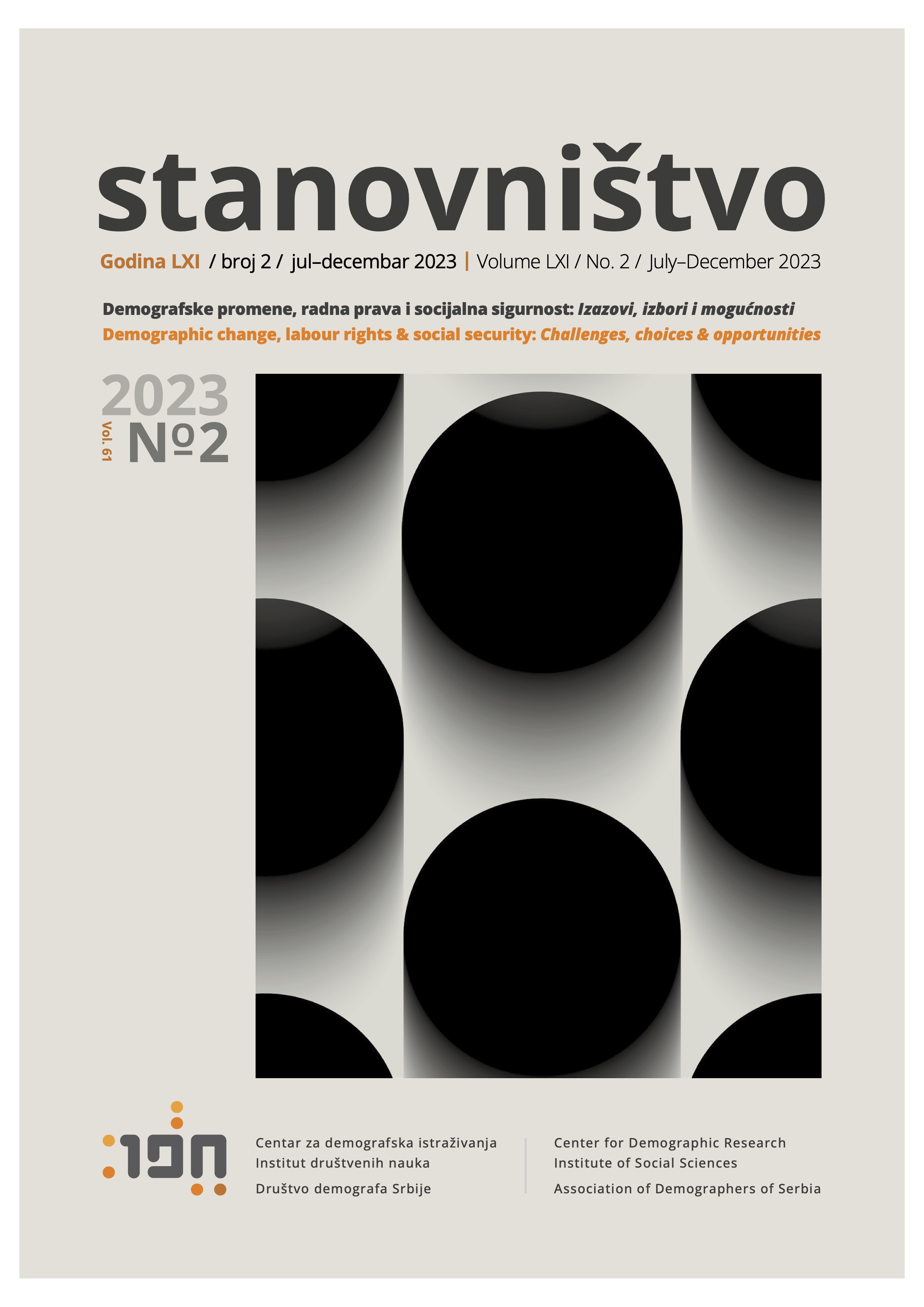Radno angažovanje studenata - nužnost radnopravne zaštite
Students’ jobs – the necessity of labour law protection
Author(s): Milica Kovač OrlandićSubject(s): Social Sciences, Economy, Law, Constitution, Jurisprudence
Published by: Институт друштвених наука
Keywords: labour market; students’ labour; youth employment; minimum labour standards; decent work
Summary/Abstract: The student population is becoming an increasingly important actor in the labour market, which is very important for students as well as society. Although the negative aspects of working while studying are sometimes highlighted, the trend is generally perceived as positive since it appears as a measure against unemployment and a way of acquiring work skills. However, this trend, which has not bypassed our region, has not been accompanied by the adoption of appropriate legislation. As a result, students work under very insecure contracts, such as service contracts or volunteering contracts, which do not even provide them with certain elements of labour law protection. Considering the above-mentioned, there is a need for the legal regulation of students’ labour as a special form of labour. This need is mostly present in countries that do not have a significant number of contracts available to students but which are characterized by a large percentage of undeclared work and a very long transition period from school to the first suitable job. At the same time, the regulation of students’ labour must ensure social justice and an appropriate level of labour law protection. One of the acceptable models is the regulation of a student employment contract as a contract by which a person with the status of a student performs a job for an employer, with remuneration, for a short period of time, without establishing an employment relationship and with limited protection of labour rights. It is a sui generis contract whose legal nature is not easy to determine due to the fact that it is close to an employment contract in its content and essential features. At the same time, it is a contract that does not establish an employment relationship, which is why it raises many doubts, especially regarding the primary causa of this contract — the provision of minimum labour law protection for students. Determining the content of the so-called minimum labour standards should start with decent work as the highest value and the common denominator of a series of rights that every worker should enjoy. The components of dignified labour are complex, but they, in the context of student labour, without exception, involve protection against discrimination, decent remuneration, protection at work, and basic rights such as the right to limited working hours, the prohibition of overtime work and the right to weekly and annual vacation.
Journal: Stanovništvo
- Issue Year: 61/2023
- Issue No: 2
- Page Range: 69-84
- Page Count: 16
- Language: Serbian

